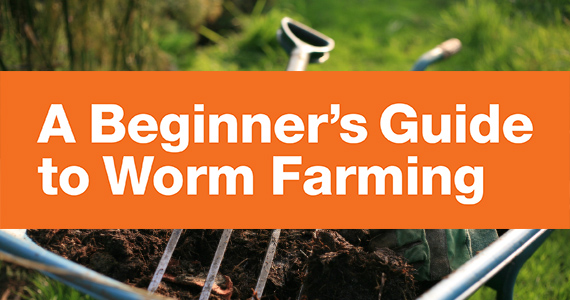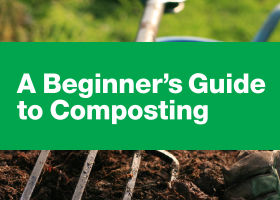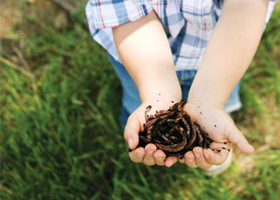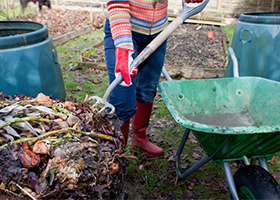
Worm farming is a great way to reduce your household food waste.
Using as little space as a sheltered balcony or garden space, you can turn your food scraps into a nutritious garden resource and keep your food out of landfill.
Worm farming provides an excellent alternative or supplement to conventional composting and is well suited to conditions where composting is difficult.
A worm farm can:
- Create slow-releasing fertiliser for your plants and improve your soil structure
- Reduce your organic waste and prevent the release of methane which occurs when food breaks down in landfill
- Increase the ability of your soil to catch and store water, meaning you reduce the need to water your garden
- Bolster your household pet-count by 1000 or more! Kids will love to learn and play with your worms.
Get familiar with the basics and the equipment you need to get started with our Beginner’s Guide to Worm Farming.
This guide has been put together by Do Something FoodWise, in partnership with Cultivating Community, Frankston City Council, City of Whitehorse Council City of Yarra Council and Zero Waste SA.





